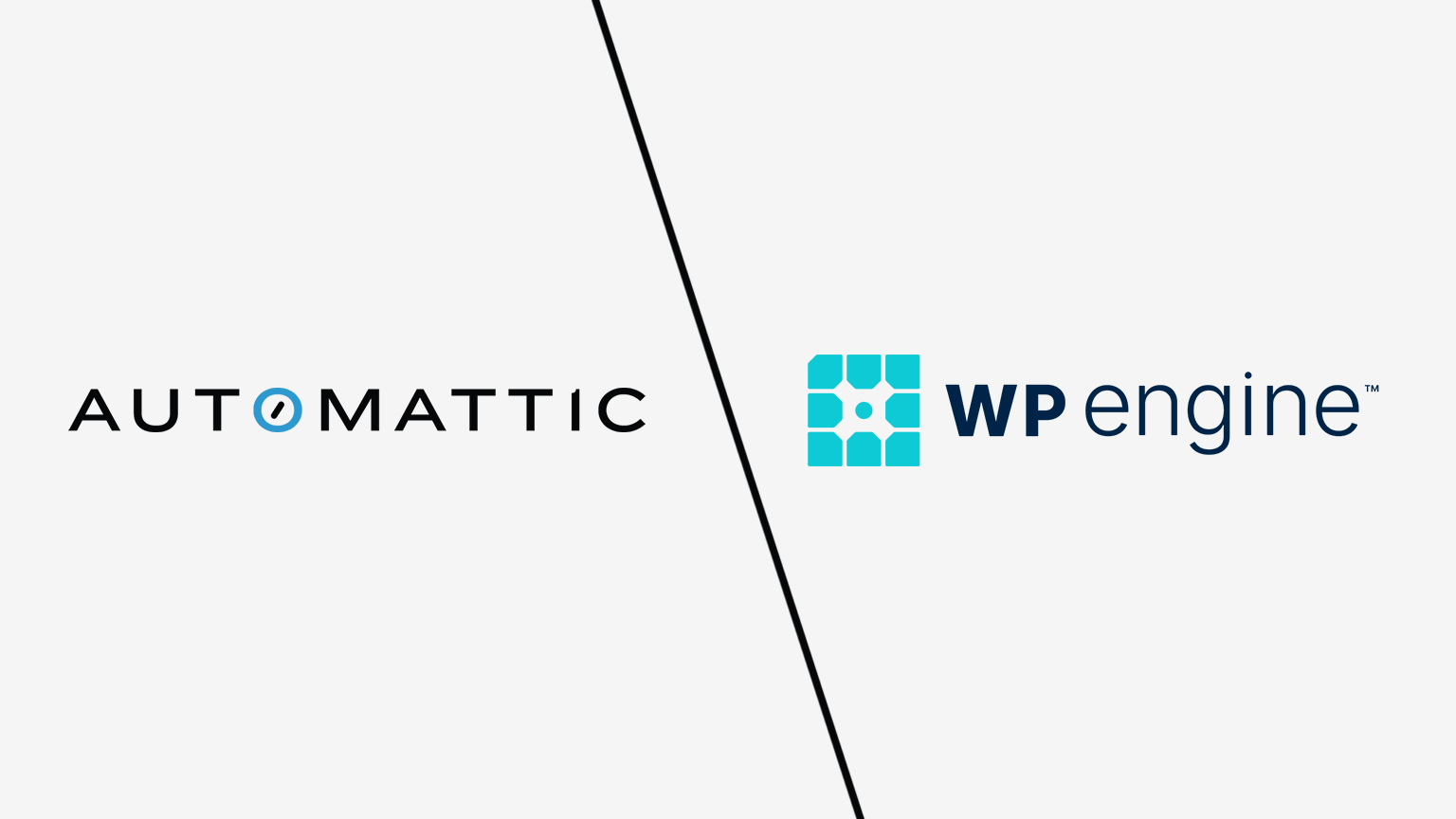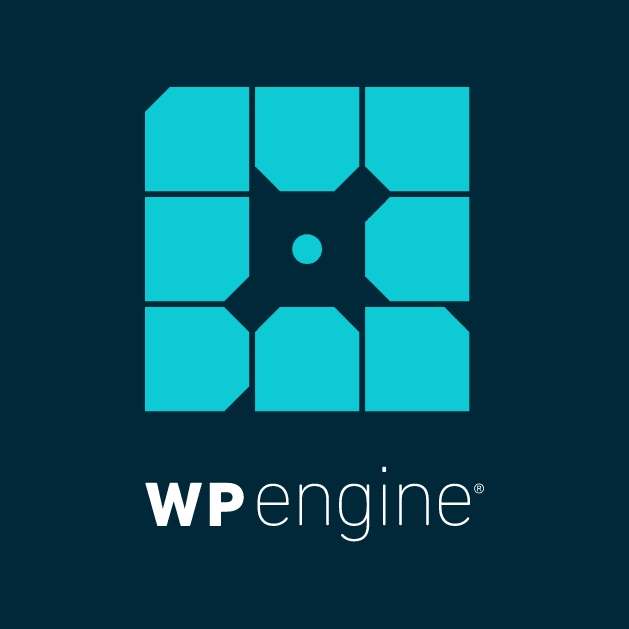
The legal feud between WP Engine and Automattic, WordPress’s parent company, has taken a new turn. In a recent motion to dismiss WP Engine’s lawsuit, Matt Mullenweg and Automattic present a detailed counterargument, emphasizing that WP Engine, not Automattic, may be causing harm within the WordPress ecosystem. Here’s a closer look at what’s at stake in this high-profile tech dispute.
Background of the Case
At the core of the dispute, Automattic and Mullenweg argue, is WP Engine’s desire for free access to WordPress’s resources and Mullenweg’s opinions on their business practices. Mullenweg, a co-founder of WordPress, has long been an advocate for open-source principles, investing significant time and resources into making WordPress accessible and beneficial to everyone. WordPress, a free software platform, powers over 40% of websites globally and generates significant revenue for countless web developers, agencies, and companies, including WP Engine.
The motion to dismiss argues that WP Engine has benefited greatly from the WordPress community’s efforts and resources, reaping profits without offering meaningful support back to the platform or adhering to open-source principles.
Automattic’s View on WP Engine’s Actions
Automattic’s legal team paints WP Engine as selectively presenting recent events while omitting a critical part of the story: WordPress’s open-source culture depends on contributions from all parties involved. According to Mullenweg, WP Engine benefits from this model yet does not contribute its fair share.
“WordPress thrives because of a supportive, symbiotic relationship among community members, including hosting companies like WP Engine,” states the motion. However, the document alleges that WP Engine’s approach focuses more on profit without community reciprocity.
The Trademark Dispute
A significant element in Automattic’s motion is WP Engine’s alleged misuse of the WordPress trademark. The lawsuit claims that WP Engine began promoting a product called “Headless WordPress” in 2021 without proper authorization, violating the WordPress Foundation’s trademark policy. According to the motion, WP Engine has progressively amplified its use of the WordPress name in marketing materials, which Automattic claims goes beyond “nominative fair use” and infringes on the WordPress trademark.
What Triggered the Dispute?
According to Automattic, WP Engine’s reluctance to “give back” to the WordPress ecosystem spurred the legal issues. Automattic claims it made multiple attempts to bring WP Engine into a closer partnership for the benefit of the WordPress community, but WP Engine declined. The motion states that WP Engine operates with backing from Silver Lake, a private equity firm with assets over $100 billion, which Automattic suggests could support a greater commitment to WordPress.
Mullenweg reportedly sought an agreement with WP Engine to license the WordPress trademark or make a financial commitment—specifically, by proposing WP Engine contribute 8% of its revenue to help develop WordPress software. WP Engine, however, allegedly rejected these offers.
Automattic’s Choices
The motion asserts that Mullenweg had limited options when WP Engine declined his offers: he could either stay silent as WP Engine profited without giving back or publicly demand more support for the WordPress community. Automattic’s legal filing argues that it chose the latter for the sake of preserving the WordPress project’s sustainability and principles.
Perspectives Matter
The ongoing legal back-and-forth between WP Engine and Automattic shows how differently each side views their relationship. Mullenweg’s motion to dismiss provides insight into his motivations, emphasizing community values and open-source principles, while WP Engine’s lawsuit highlights business interests. As the case moves forward, it will be up to the courts to decide which narrative holds sway in this clash over WordPress’s future.

Matt Mullenweg and Automattic Respond to WP Engine Lawsuit: What’s Really Behind the Dispute?




